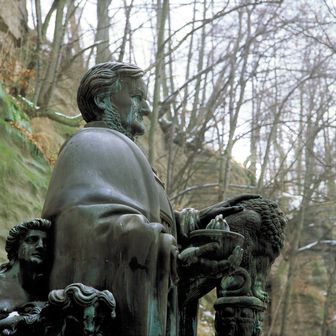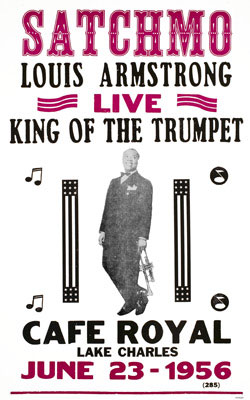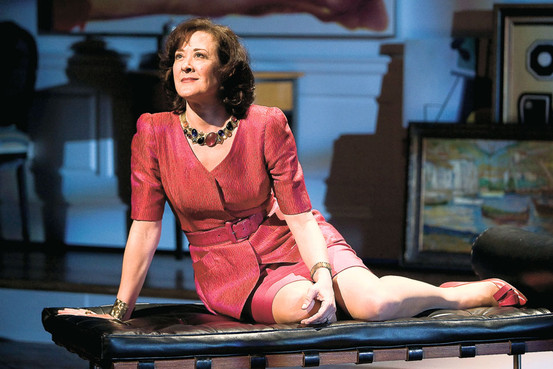The bit of description that follows below has been in my head all week, since hearing about John Updike’s death. It’s from Witches of Eastwick, which I re-read a couple months ago and which, if I’m honest, is the novel of his that I feel the greatest true affection for. (Who knows where, once all the sifting & shaking is done, Witches will stand in the Updike canon; but I hope it doesn’t get struck for all the more Important Ones.)
This sentence stuck because its construction so resembles a really marvelous, elaborate marble run, and it seemed like on this week, even while we pay tribute to Updike’s Zeus-ian stature (first among writers, 60+ books, with enough good ones and bad ones in there to fuel a dozen mortal careers), it’s also nice to stop and appreciate him at this, a sentence level:
Eastwick in its turn was at every moment kissed by the sea. Dock Street, its trendy shops with their perfumed candles and stained-glass shade-pulls aimed at the summer tourists and its old-style aluminum diner next to a bakery and its barber’s next to a framer’s and its little clattering newspaper office and long dark hardware store run by Armenians, was intertwined with saltwater as it slipped and slapped and slopped against the culverts and pilings the street in part was built upon, so that an unsteady veiny aqua sea-glare shimmered and shuddered on the faces of the local matrons as they carried orange juice and low-fat milk, luncheon meat and whole-wheat bread and filtered cigarettes out of the Bay Superette.
* * *
A few tributes I’ve enjoyed:
• Lorrie Moore’s appreciation in today’s New York Times, which contains a beautiful, just-right description of Updike’s criticism as “part rose, part snake.”
• Martin Amis in The Guardian; it’s interesting to read this one, with its observation about Updike’s love for James Joyce, back to back with a story like “A&P“.
• Joseph O’Neill for Granta. (Via TEV.)

 So what has Mr. Cromer done with “The Glass Menagerie”? To begin with, he has collaborated closely with his designers to create a visual environment for Williams’ play that looks nothing like any “Glass Menagerie” I’ve ever seen, even though it is fundamentally faithful to both the spirit and the letter of the text. At the center of Collette Pollard’s set is a cramped, shabby tenement apartment identical to the one described in Williams’ stage directions–except that the walls of the living room have been ripped away and are hanging askew in mid-air. Throughout the evening a stream of images related to the play is projected on these walls: words and phrases plucked from the script, “home movies” of the characters as seen in their youth, live close-ups of the actors that are shot by video cameras concealed on the set.
So what has Mr. Cromer done with “The Glass Menagerie”? To begin with, he has collaborated closely with his designers to create a visual environment for Williams’ play that looks nothing like any “Glass Menagerie” I’ve ever seen, even though it is fundamentally faithful to both the spirit and the letter of the text. At the center of Collette Pollard’s set is a cramped, shabby tenement apartment identical to the one described in Williams’ stage directions–except that the walls of the living room have been ripped away and are hanging askew in mid-air. Throughout the evening a stream of images related to the play is projected on these walls: words and phrases plucked from the script, “home movies” of the characters as seen in their youth, live close-ups of the actors that are shot by video cameras concealed on the set. David Stern, the
David Stern, the  Sikeston, the Missouri town that normally goes under the guise of “Smalltown, U.S.A.” on this blog, was hit three days ago by a fearsome
Sikeston, the Missouri town that normally goes under the guise of “Smalltown, U.S.A.” on this blog, was hit three days ago by a fearsome  A friend writes in response to my recent
A friend writes in response to my recent  •
•